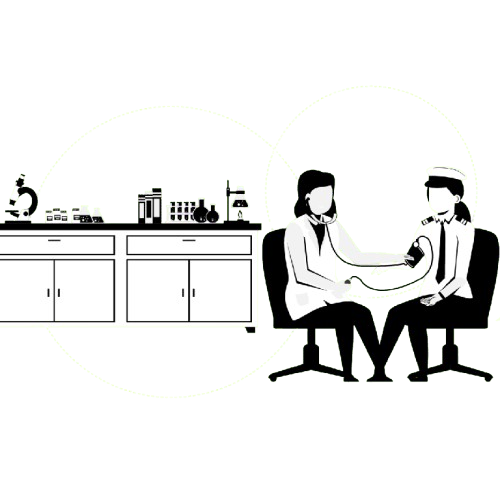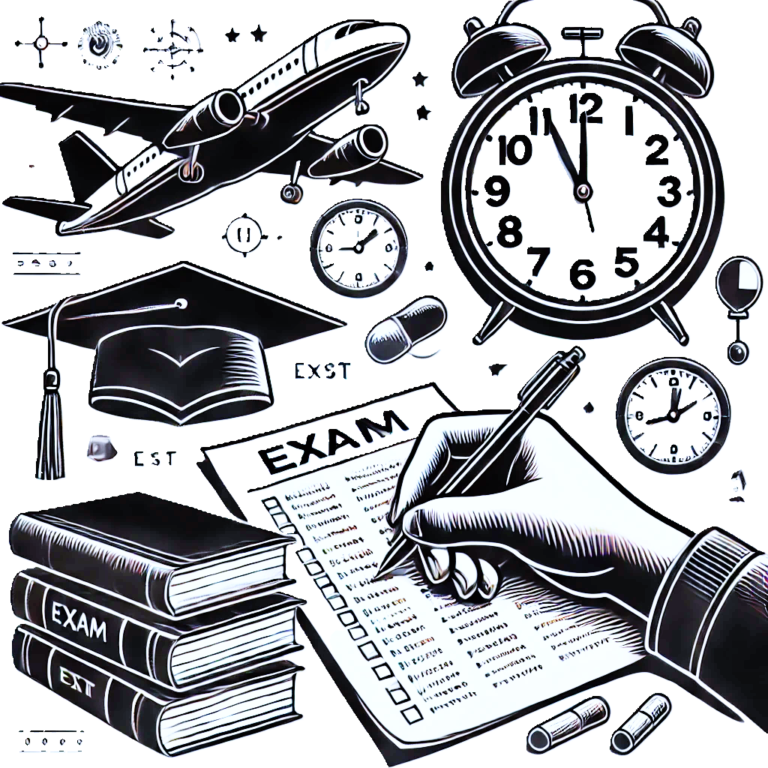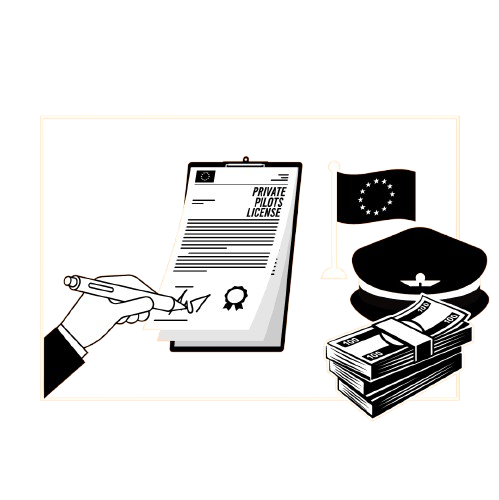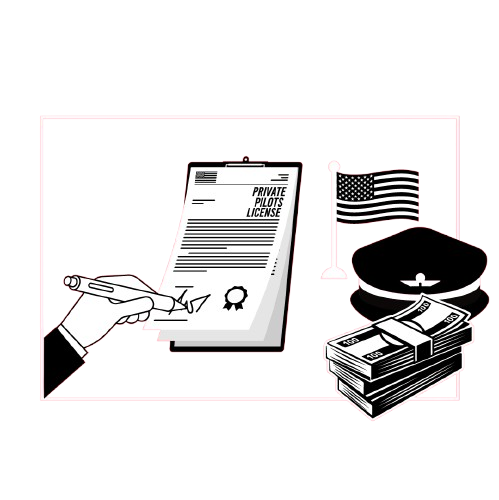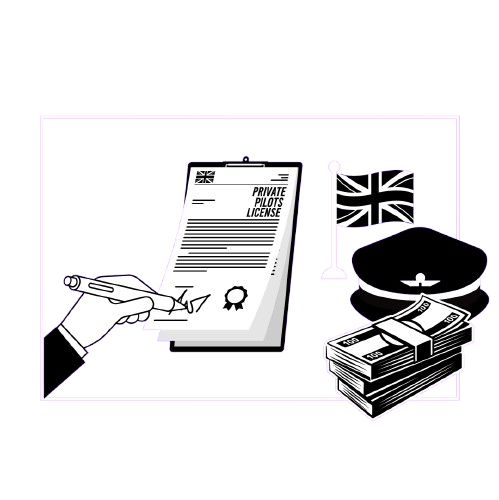What Are the PILOT Medical Requirements (UK)? – 5 MIN READ
All around the world, pilots are responsible for flying billions of people to new locations each year.
Considering the high volume of passengers traveling by aircraft, pilots are understandably expected to show that they can safely transport these travelers.
In addition to demonstrating an ability to effectively pilot an aircraft, there are also medical requirements for pilots.
Pilot medical exams are conducted by trained experts to determine eligibility for new and existing pilots every week.
In this article, we will discuss the medical requirements for being a pilot in the United Kingdom.
And if you’re looking at becoming an airline pilot, check out our full ‘how to become a pilot‘ guide.
Class 1 Medical Requirements For Pilots
In order to receive and maintain an airline transport pilot license (ATPL) or a commercial pilot license (CPL), pilots under the age of 40 must be evaluated on an annual basis to confirm eligibility.
For pilots over 40 who wish to participate in passenger flights as the sole pilot, as well as pilots over the age of 60, the evaluation must happen every six months.
The process, which is carried out by a registered aeromedical examiner (AME), will cover both mental and physical health.
Those who successfully pass the examination and meet all criteria will receive a Class 1 Medical Certificate.
Physical Eligibility
During the physical portion of the examination, an AME will look for any health factors that would disqualify a pilot from being able to fly safely.
This part of the process will involve standard physical considerations, as well as an evaluation of the pilot or future pilot’s blood work.
Although it is a commonly held belief that you cannot be a pilot unless you have perfect vision, this actually isn’t true–pilots can wear glasses and corrective lenses.
Areas of Consideration for the Physical Side of the Examination Include:
- Eyesight checks
- Hearing tests
- Cholesterol levels
- Haemoglobin (oxygen levels)
- Urine samples
- Confirmation of essential organ performance (heart and lungs)
- A complete chest X-ray
Mental Eligibility
The majority of flights occur without issue.
However, the reality is that pilots may also be expected to perform under high pressure and may find themselves making life-saving judgment calls.
For this reason, sound mental health is a very important trait for those who enter this profession.
It is important to note that a history of mental health problems or ongoing mental health concerns is not an automatic disqualifier during pilot medical exams.
This portion of the evaluation is meant to ensure that the pilot is effectively managing any mental health needs and does not have any concerns that could put passengers at risk.
The full list of Class 1 medical requirements for pilots can be found here, and new pilots can find an Aeromedical Centre for the examination here.
Class 2 Medical Requirements for Pilots
A Class 2 Medical Certificate is required to receive a private pilot license (PPL).
This license follows many of the same medical considerations as shown with a Class 1 Medical Certificate.
However, in this case, the individual will receive a Class 2 Medical Certificate instead.
The Class 2 Medical Certificate covers a 60-month period for pilots under the age of 40.
If the 60-month period takes you past the age of 40, your certificate will automatically become invalid at the age of 42.
For pilots between the ages of 40 and 50, the certificate is only valid for a 24-month period and will automatically become invalid when a pilot reaches the age of 51.
For pilots over the age of 50, this certificate is only valid for 12 months.
The full list of Class 2 medical requirements for pilots can be found here, and you can book an appointment with an AME here.
Medical Requirements to Become a Pilot – Summary
Pilot medical exams are required and play an important role in keeping the skies as safe as possible for pilots and their passengers.
Having a full understanding of the details of the examination and taking time to address any concerns in advance can save time and help you to be more comfortable during the examination process.
To learn more about this career path, find out how to become a pilot from a commercial airline pilot with over 4500 hours in the sky!

